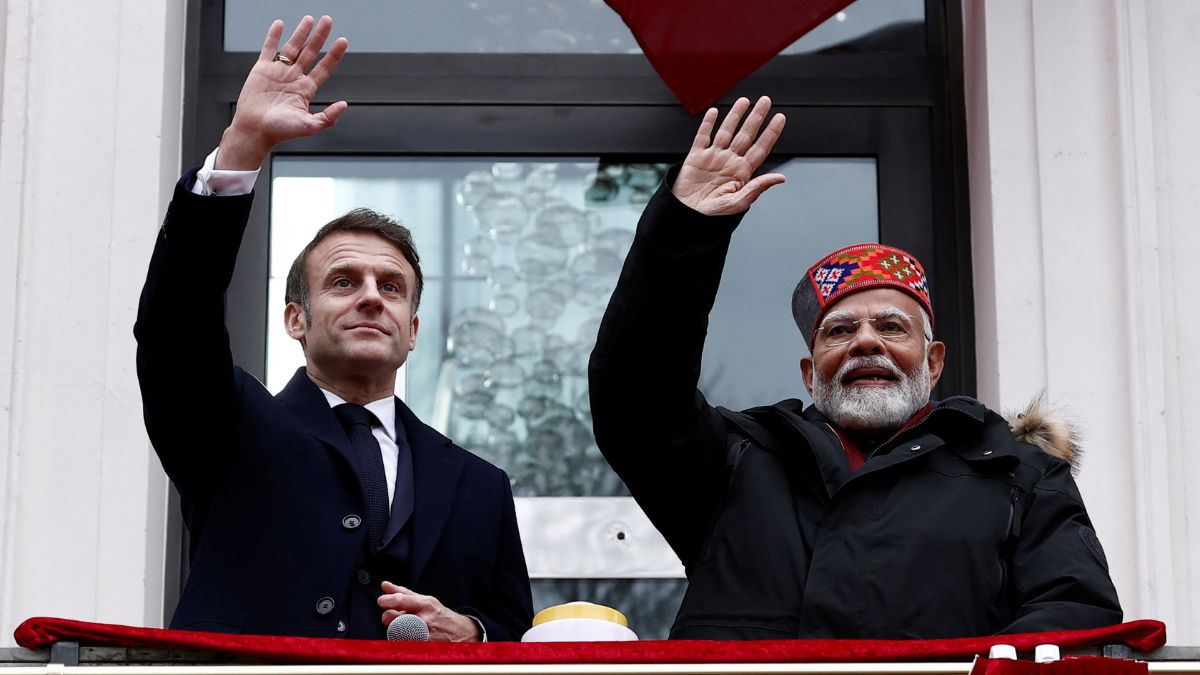France has backed India’s claim to a permanent seat at the United Nations Security Council (UNSC) with the right to veto.
France has also supported the expansion of UNSC and inclusion of Africa, Brazil, Germany, and Japan as other new permanent members.
Currently, the UNSC has also only five permanent veto-wielding members: the United States, the United Kingdom, France, China, and Russia.
In a statement at a UNSC discussion on equitable representation, France on Tuesday said that such an expansion of the UNSC would “strengthen the effectiveness and representativeness of the Security Council, as the cornerstone of our collective security architecture”.
“We are in favor of granting two permanent seats to African states as well as for Brazil, India, Germany, and Japan for the permanent seats that would be created for their geographical groups. France considers it legitimate for future permanent members to request all the prerogatives associated with this status, including the right of veto,” said Jay Dharmadhikari, Deputy Permanent Representative of France to the UN.
India, Brazil, Germany, and Japan are members of the ‘G4’ group. They seek reforms at the UNSC, including the expansion of permanent membership with veto rights.
In recent years, the UNSC has come under criticism for not adequately representing the realities of the evolving world and being stuck in the post-World War II era world. The UNSC has also been criticised for being paralysed because of the tussle between the West and the China-Russia bloc where China and Russia have used their veto indiscriminately in recent years.
Dharmadhikari said that such usage of veto needs to be checked even as the UNSC considers reforms.
Saying that the usage of veto has reached “unprecedented” levels lately, Dharmadhikari said that such a behaviour has prevented the UNSC from acting on theaters of crisis, such as in Syria, Gaza, or Sudan.
Impact Shorts
More ShortsFrance’s support to India came just a day after G4 rejected a recent proposal for the expansion of UNSC on the basis of religion.
“Proposals to introduce new parameters (in reforming the Council) such as religious affiliation run counter to establish UN practice”, said Parvathaneni Harish, India’s Permanent Representative to UN on behalf of G4.
Harish further said that introducing a religious factor would “add considerable complexity to an already difficult discussion” on reforming the UNSC.
Separately, speaking in his capacity as India’s envoy, Harish said, “Attempts to introduce new parameters such as religion and faith as basis for representation in a reformed Council runs completely counter to regional representation, which has been the accepted basis for representation in the United Nations.”
Recently, Turkish President Recep Tayyip Erdogan has said that there should be a Muslim-majority country among the UNSC’s permanent members to give representation to the world’s Muslims. In recent years, elements within Pakistan have also voiced similar demands.
“The international situation necessitates that one of the members of the United Nations Security Council (UNSC) with veto power should be an Islamic country. Having an Islamic country with veto power in the UN Security Council is no longer a necessity but an obligation. However, we see that instead of adopting a justice-based power-sharing approach, the five permanent members attempt to suppress problems through power centralisation,” said Erdogan last month.
)